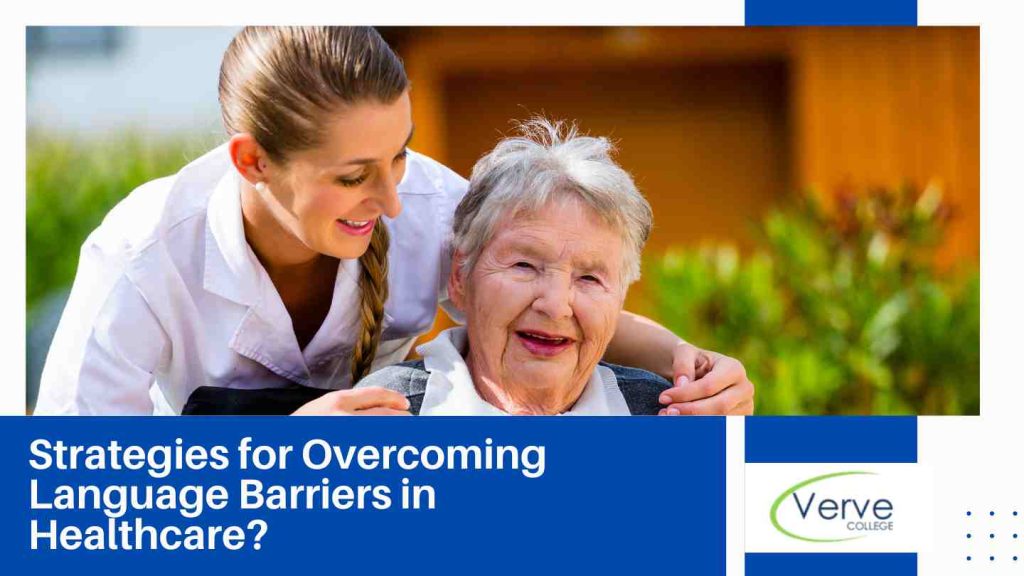- Oak Brook:(630) 705-9999
- Chicago:(312) 920-8822
- Email:inquiry@vervecollege.edu
- Make a Payment
- Home
- Programs
- Admission
- Resources
- ATI Entrance Exam Resources
- New E-Digital Library
- Refer a Friend
- School Newsletter
- Events
- Employers
- Job-Network
- Alpha Beta Kappa Candidates
- Verve College Library
- Graduation and Pinning Ceremony Photo Galleries
- Textbook Information
- Career Services
- Tutoring
- School Catalog
- FAQ
- Constitution Day Program
- Alumni
- Verve College Plans
- Financial Aid
- HEERF Reporting
- Satisfactory Academic Progress
- Apply For Financial Aid
- Net Price Calculator
- Return of Title IV Funds (R2T4)
- Financial Aid Office Code of Conduct
- Contact
- FAQs
- Verification Policy
- Vaccination Policy
- Student Right-to-Know Act
- Misrepresentation
- Information Security Program
- Academic Award Year
- Availability of Employee
- Cost of Attendance
- Health & Safety Exemption Requirement
- Students Rights and Responsibilities
- Leave of Absence
- Pell Formula
- Military Students
- Grants/ Scholarship Policy
- Contact Us
- Login
- Testimonials
- Blog
Is a Nursing Career Right For You?
Take The Free Quiz
What Are the Best Strategies for Overcoming Language Barriers in Healthcare?
What Are the Best Strategies for Overcoming Language Barriers in Healthcare?
In the healthcare industry, licensed nurses or any health care team often face language barriers. This can be because their patients do not understand what they are saying or that they practice in a country where they don’t speak natively. There are many ways around language barriers to ensure the highest level of care for patients is still provided.
Many Americans clinical experience this scenario every day when they encounter language barriers in healthcare facilities. Illinois College of Nursing tuition is best in Chicago and Oak Brook and also helps to learn how to overcome language barriers in healthcare.
Strategies for Overcoming Language Barriers in Healthcare
According to the U.S. Census Bureau, 1 in 5 U.S. homes have occupants who speak a primary language other than English. Census Bureau. The following are some strategies to improve effective communication between patients in healthcare and overcoming language barriers:
Google Translate or Interpreters
The tools available to doctors are many, from Google Translate to the availability of professional interpreters. It is becoming increasingly important to have a good interpretation service. Guerra-Bonilla explained that California’s population is approximately 30 percent Hispanic, but only 5 percent of healthcare providers are Hispanic.
In minor situations where he and his patients can understand each other most of the time, he might rely on Google Translate to translate the odd word. He said the app was convenient and quick. When language is a real challenge, his office will use a phone-based translation service or a tablet for video conferencing with a medical interpreter in a variety of settings.
Related:- 10 Benefits of Artificial Intelligence in Healthcare
You dial a phone number, and in a few minutes, you will get someone on the line who speaks your language. Guerra-Bonilla explained that in our clinic, we have videoconferencing devices such as tablets and phones available for use. If you don’t have a translator, there is a risk of miscommunication, misunderstanding, and treatment that you need to fully understand in long-term care facilities.
Avoid Family Members as Translators
Patients will sometimes bring a member of their family who can translate for them. Guerra-Bonilla says that while this may seem convenient, doctors should avoid such situations as much as possible.
He explained that the family member may not understand the medical terminology and might edit the patient’s answer. If you ask them a personal query, they are less likely to divulge this information for fear of getting into trouble with a family member.
You don’t want a minor’s child to be a translator. Guerra-Bonilla explained that a mother might bring her son to the clinic, nursing home, or hospital because he is a better English speaker. Sometimes, they will use the child as a translator, but this is a big no-no. If you find yourself in a situation where things go wrong due to miscommunication, you could be in serious legal trouble.
Don’t Just Be Bilingual, Be Bicultural
It begins well before the first encounter between doctor and patient. He said it must start with people making appointments on the telephone and continue through to prescriptions in a variety of healthcare settings, follow-ups, and other calls. It is important that the patient can follow every step in a clinical setting. This will result in a better quality of care and a reduction in hospital visits. Insurance companies must be able to communicate with patients in their common language, as they also need them to understand the bills.
Future of Language in Healthcare
To overcome language barriers in healthcare, physicians, professional nurses health care providers, and other medical personnel can develop linguistic cultural competence. You can also go with LPN programs near me to learn how to overcome language barriers in health care settings their practical nursing programs provide hands-on experience and also help you to make your nursing career successful by enrolling in practical nurse school(nursing school).
When healthcare organizations prioritize bilingual staff, bilingual patient records, and multicultural training, they can provide equal access to all patients.
 Sign up
Sign up Login
Login




